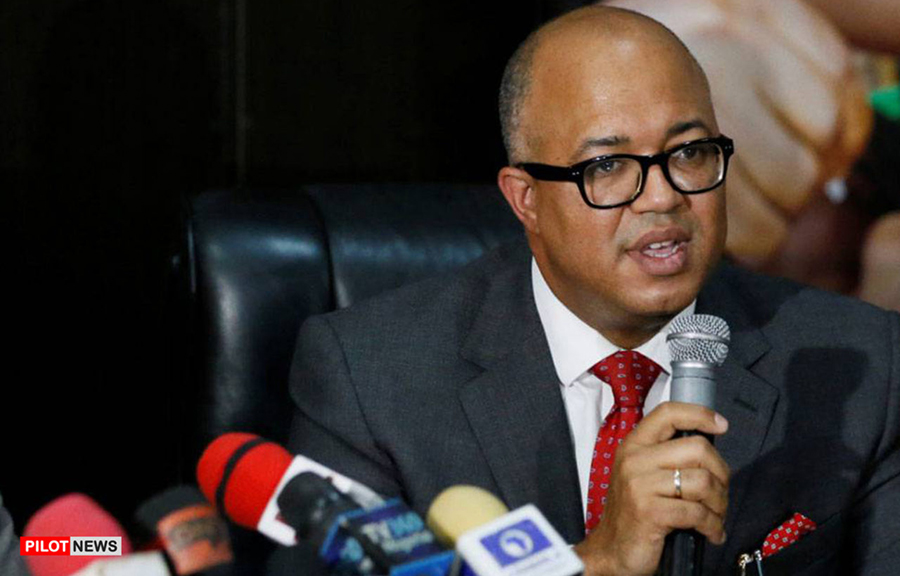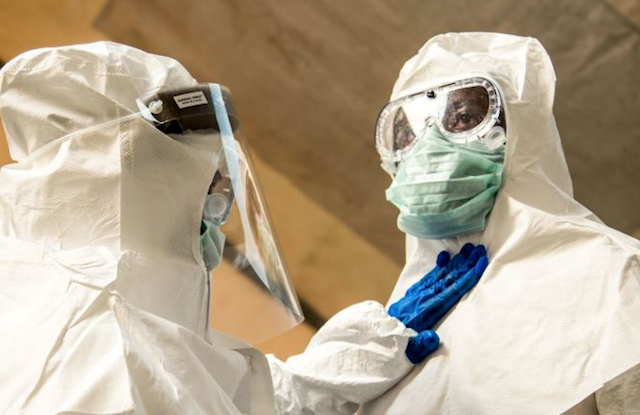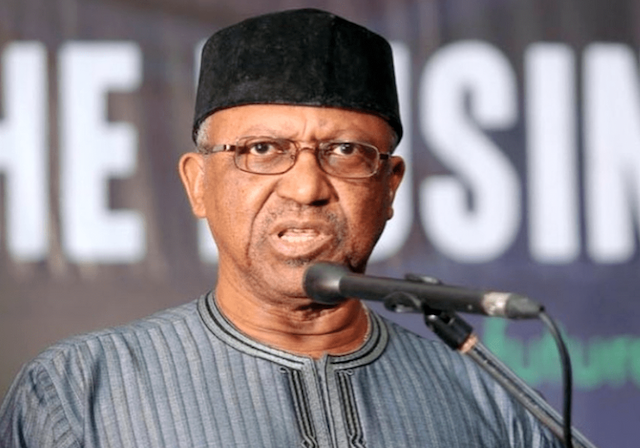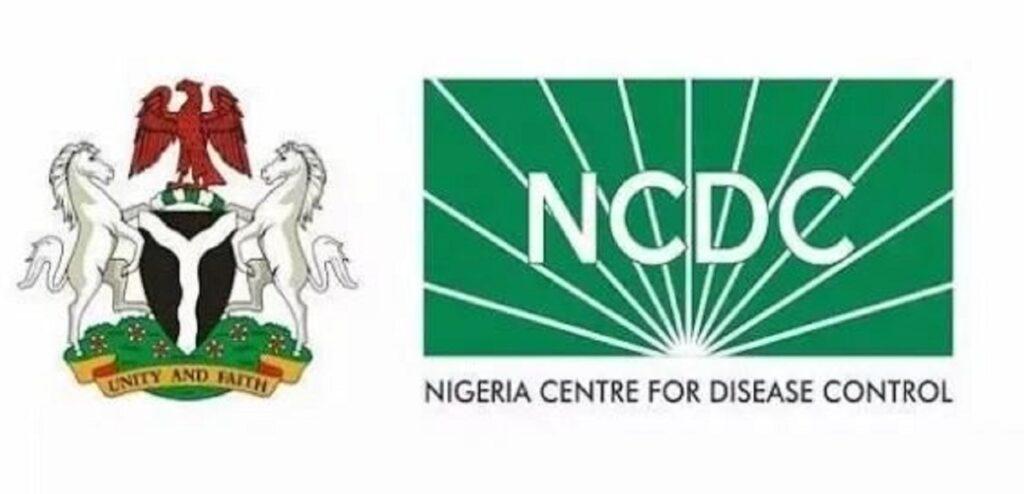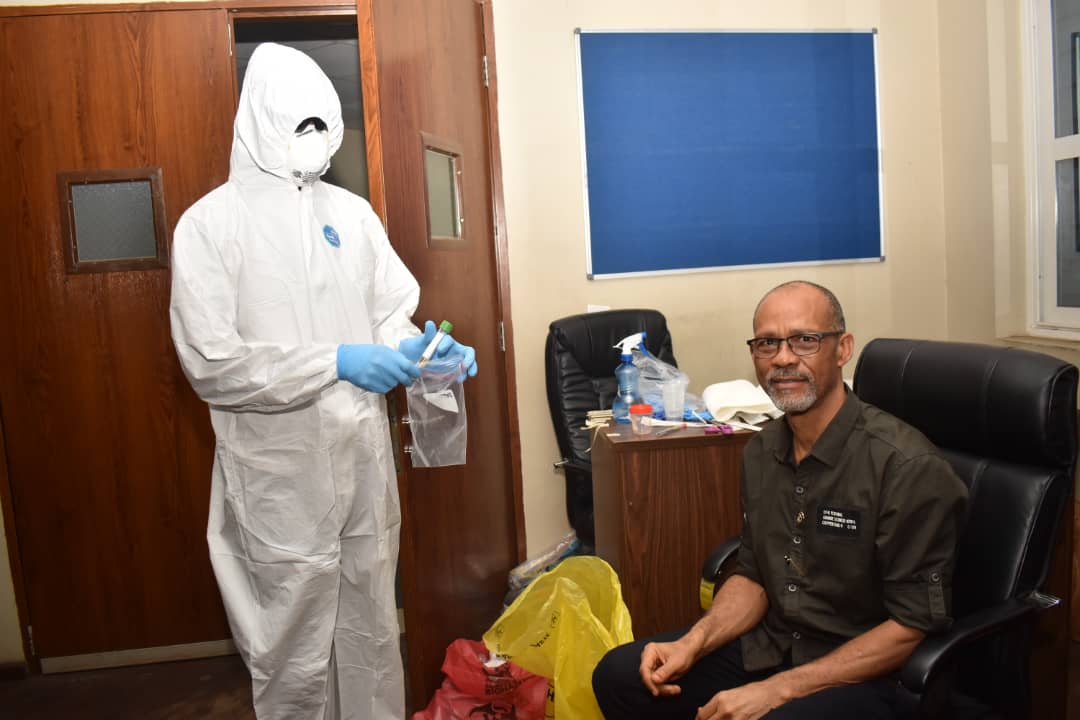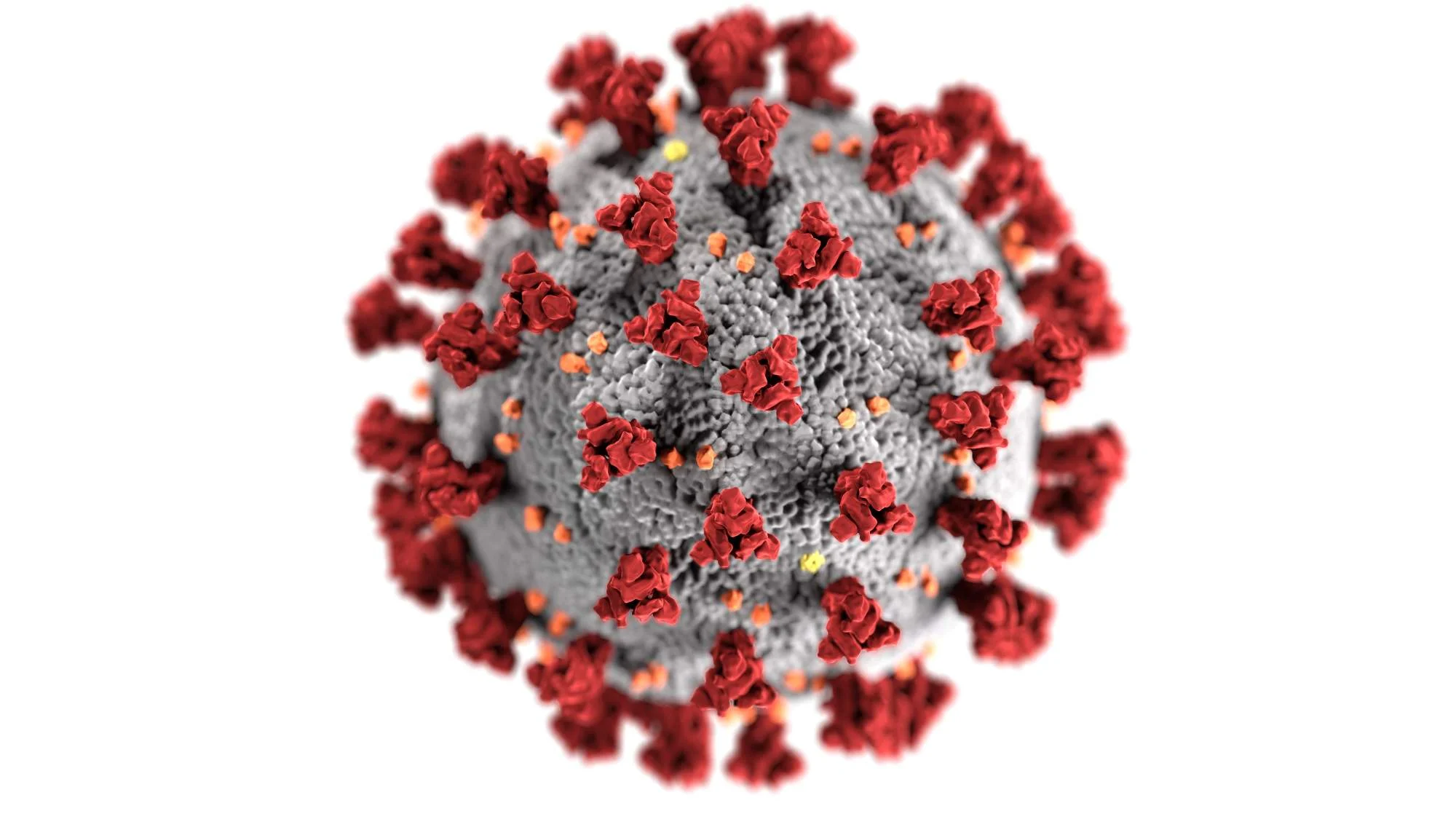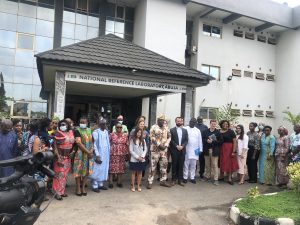Nigeria Centre for Disease Control (NCDC) on Monday cautioned Nigerians and other residents against embarking on non-essential travel to Uganda for now.
The NCDC Director-General, Dr Ifedayo Adetifa, gave the caution in a statement he signed on Monday in Abuja.
He stated that the warning is to enable public health authorities to determine how Ebola outbreak will be contained.
As at Oct. 29, 2022, the Ugandan Ministry of Health reported 128 confirmed cases and 34 deaths.
Adetifa cautioned that when travelling to Uganda became essential, travellers should avoid contact with obviously sick persons or suspected cases of Ebola.
He said that the Port Health Service of the Federal Ministry of Health had scaled-up screening of passengers returning from Uganda at Points of Entry (POEs).
The NDCD boss said “travellers to Nigeria with recent travel history to Uganda or persons already in Nigeria but with recent travel history to
or transit through Uganda within the past 21 days are to look out for symptoms.
“Symptoms such as fever, muscle pain, sore throat, diarrhoea, weakness, vomiting, stomach pain or unexplained bleeding or bruising should promptly call 6232 or state ministry of health hotlines for assessment and testing.
“Such persons should not visit health facilities by themselves to avoid further spread through the shared transport system (public or private).
“They would be visited at home by dedicated responders for assessment and transported through designated transport arrangement to designated treatment centre when required.
“Intending travellers to Nigeria with the above-stated symptoms before departure, should not travel to Nigeria, but call to report promptly to Port Health Authorities and/or designated health authorities in the country of departure for testing and care,” he said.
He added that in-bound travellers to Nigeria with recent travel history to or through Uganda without symptoms on departure but unwell while on transit, should be denied contact with other people.
Adetifa said such people are required to report to Port Health Service on arrival.
“Travellers with travel history to Uganda who show no symptoms on arrival should provide accurate information on the NITP platform to ensure follow-up from health workers.
“If any of the earlier-mentioned symptoms develop anytime within 21 days of arrival to Nigeria, please self-isolate immediately by staying indoors. Avoid contact with others, including immediate family.
“Call the NCDC 24/7 toll-free line immediately on 6232 or the emergency number of the state ministry of health.”
According to him, early initiation of supportive treatment has been shown to significantly improve outcomes, including reduced deaths.
The director-general said that local or international travel is not recommended until the completion of the 21-day follow-up period, adding that
“to prevent the spread of Ebola, the public should adhere to necessary precautionary measures.
“Wash your hands frequently using soap and water or use hand sanitisers when soap and water are not readily available and your hand is not visibly soiled.
“Avoid physical contact with anyone who has symptoms of an infection with unknown diagnosis.
“Healthcare workers are advised to always adhere to standard precautions. This includes the use of Personal Protective Equipment always when
handling patients, and always maintaining high index of suspicion.”
